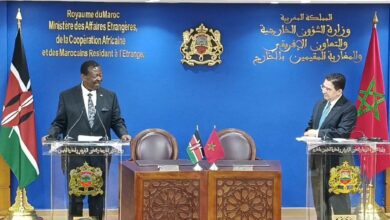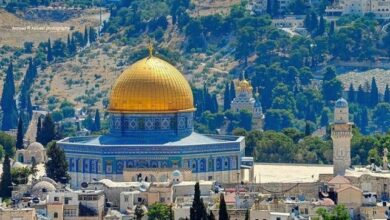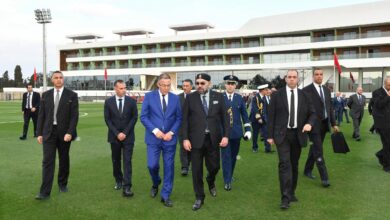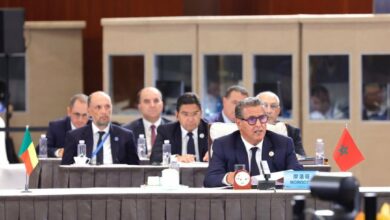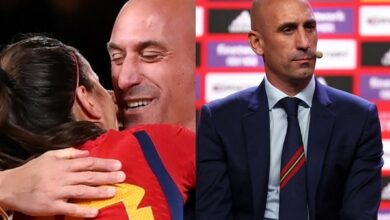The Role of King Mohammed VI and Morocco in Supporting Jerusalemites… El Cherkaoui Reveals Full Details in an Exclusive Interview with ALDAR
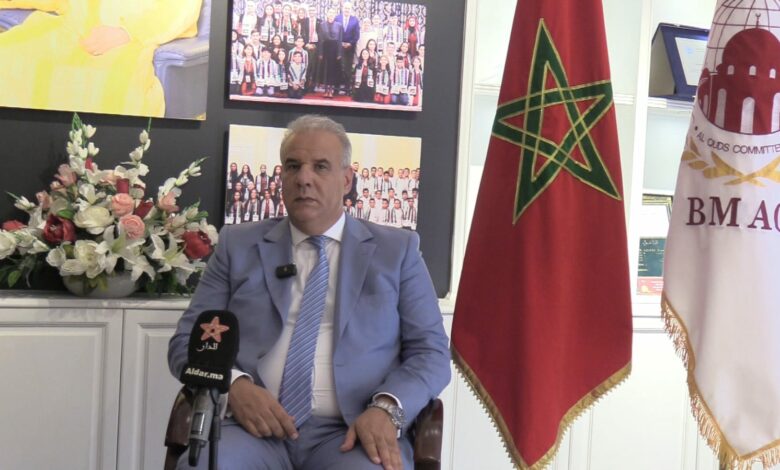
By: Meryam Hafiani and Ahmed Bouhssani
Amid the growing challenges facing the city of Jerusalem and its residents, Morocco’s role, under the leadership of His Majesty King Mohammed VI, President of the Al-Quds Committee, continues to receive regional and international praise for balancing political and diplomatic action with direct on-the-ground support. Among the key instruments of this support is the Bayt Mal Al-Quds Asharif Agency, which implements development, humanitarian, and cultural projects for Jerusalemites while countering attempts to erase the city’s historical and cultural identity.
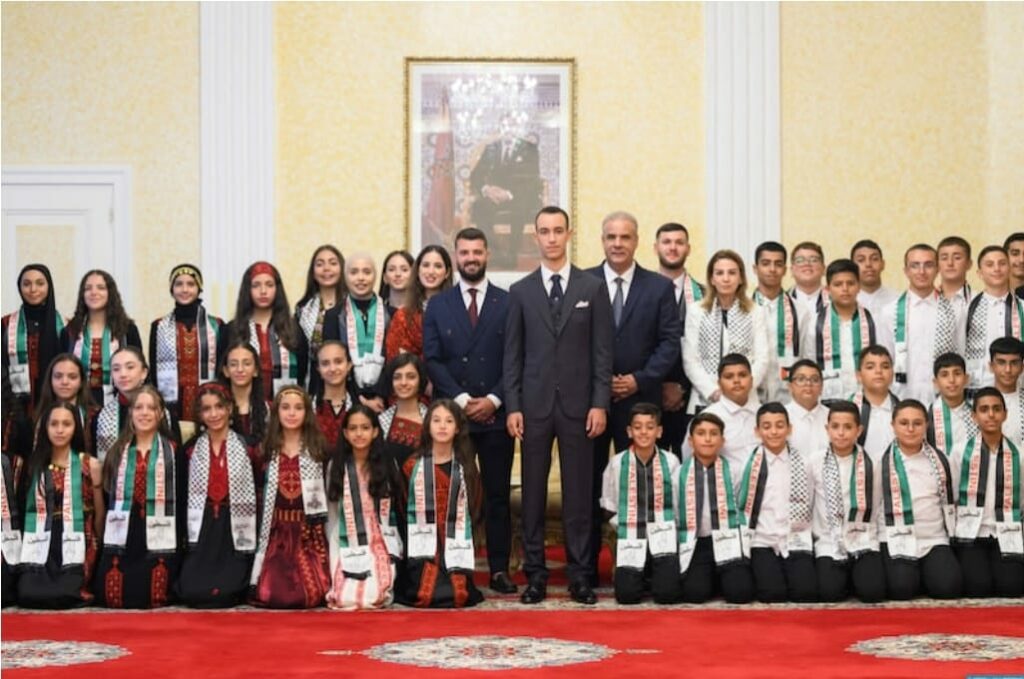
In this exclusive interview, ALDAR met with Dr. Mohammed Salem El Cherkaoui, Director of the Bayt Mal Al-Quds Asharif Agency, to detail Morocco’s efforts to support the resilience of Jerusalemites and to highlight the challenges faced by the Agency under current circumstances.
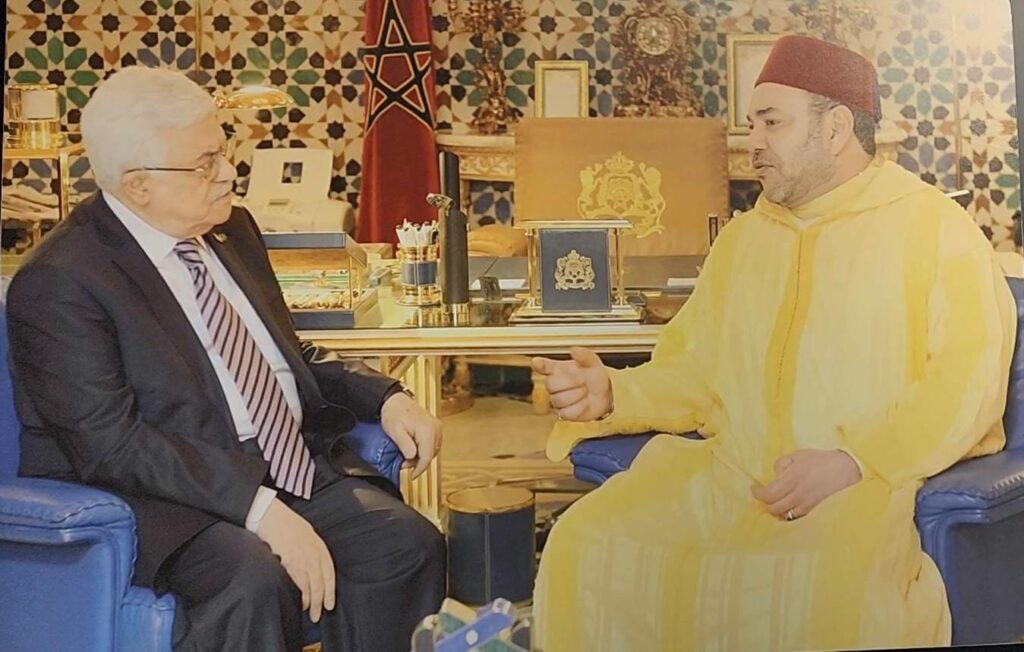
ALDAR: Hello Dr. El Cherkaoui, and thank you for giving us this opportunity to discuss Morocco’s role in Jerusalem.
El Cherkaoui: Thank you. The relations between Morocco and Palestine are historic, spanning over a thousand years, and have evolved through the transformations in the Middle East. Since the era of King Mohammed V, may God have mercy on him, who gave special attention to Jerusalem and Palestine in general, through King Hassan II, may God have mercy on him, who supported the Palestinian cause and institutions, up to King Mohammed VI, may God protect him, the Kingdom continues to support Jerusalem and its residents.
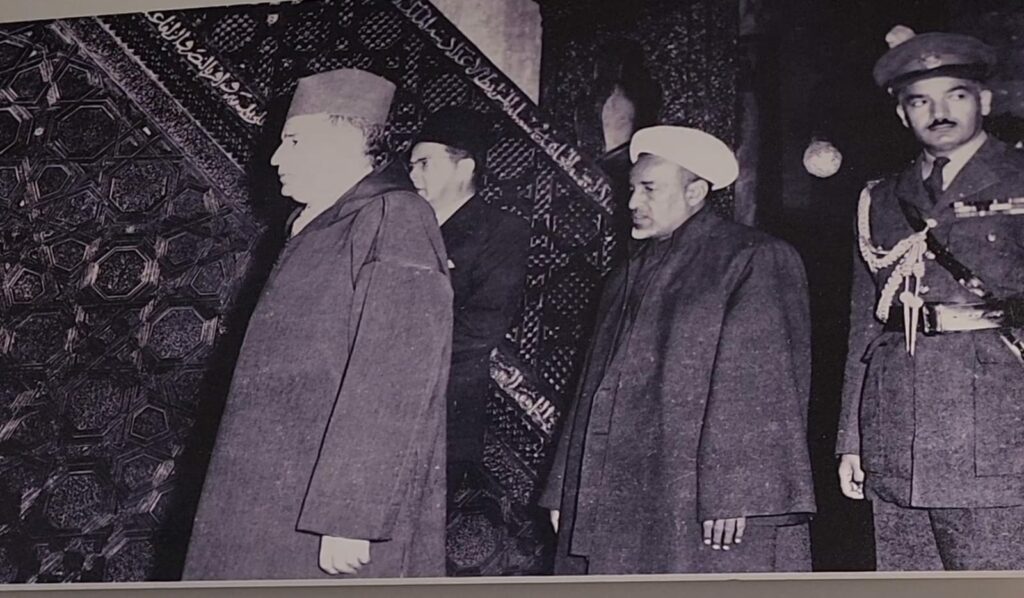
ALDAR: What are the main challenges the Agency faces today?
El Cherkaoui: We operate in a dynamic environment characterized by complex security fluctuations, especially after the events of October 2023 and the ongoing aggression against Gaza, which have affected institutional operations overall. The second challenge is limited financial resources, as the Agency’s funding capacity remains constrained, with the Kingdom of Morocco being the primary funder of our projects.
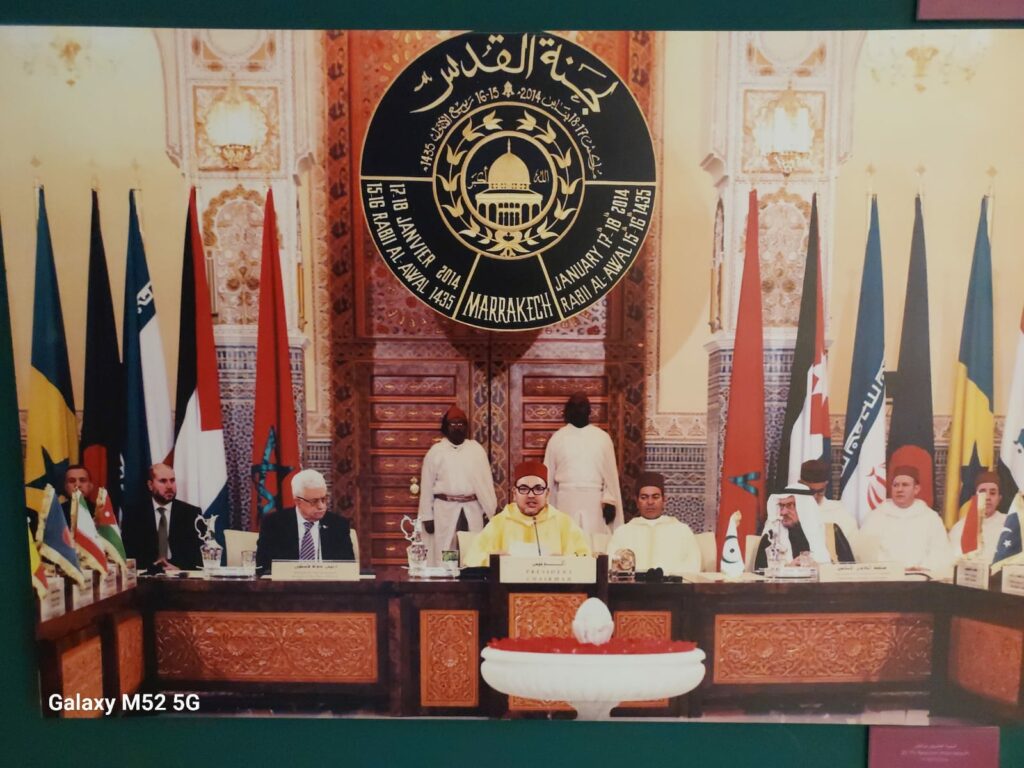
ALDAR: How does the Agency ensure aid reaches beneficiaries despite Israeli restrictions?
El Cherkaoui: We follow international financial management standards and comply with local laws, working directly with beneficiaries, contractors, and associations to ensure transparency and efficiency. The Agency also maintains offices in Ramallah and Jerusalem to monitor project implementation, having completed over 200 major projects in recent years valued at approximately $80 million, mostly funded by Morocco.
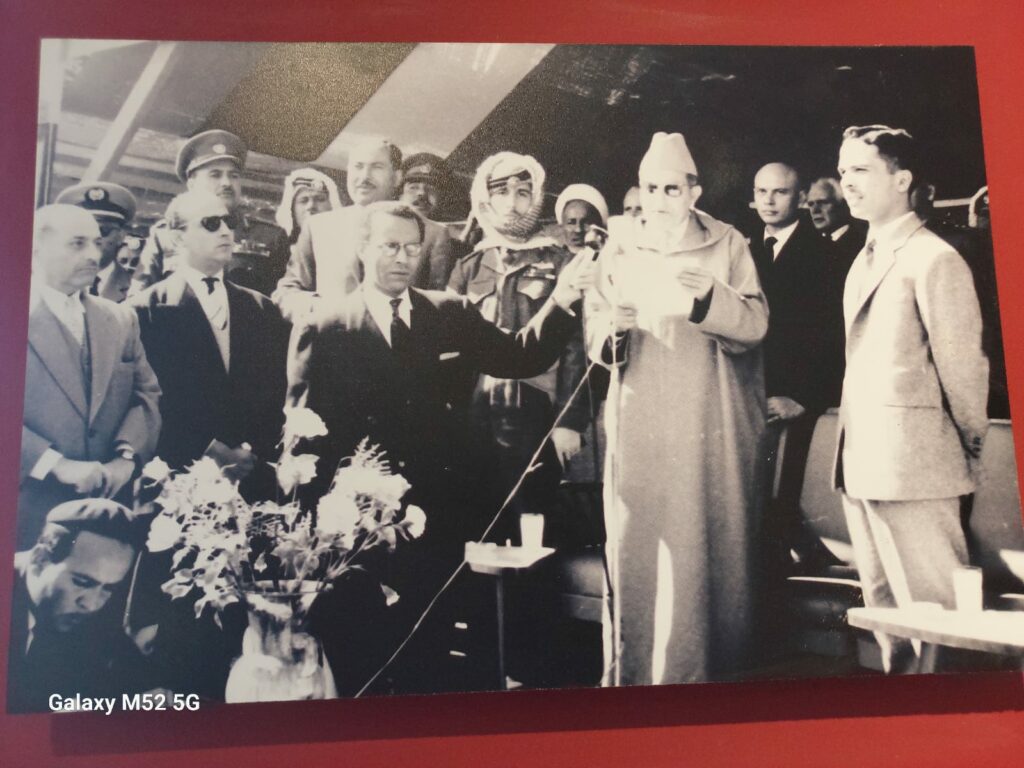
ALDAR: What are the most significant projects implemented by the Agency?
El Cherkaoui: Projects include cultural initiatives such as the Moroccan Cultural Center in the Old City, five Moroccan schools, support for health institutions, and hosting Palestinian children from Gaza. We also implement human development programs, support youth projects and startups, organize summer camps and student awards, and run the Moroccan Studies Chair at Jerusalem University to strengthen scientific and intellectual exchange.
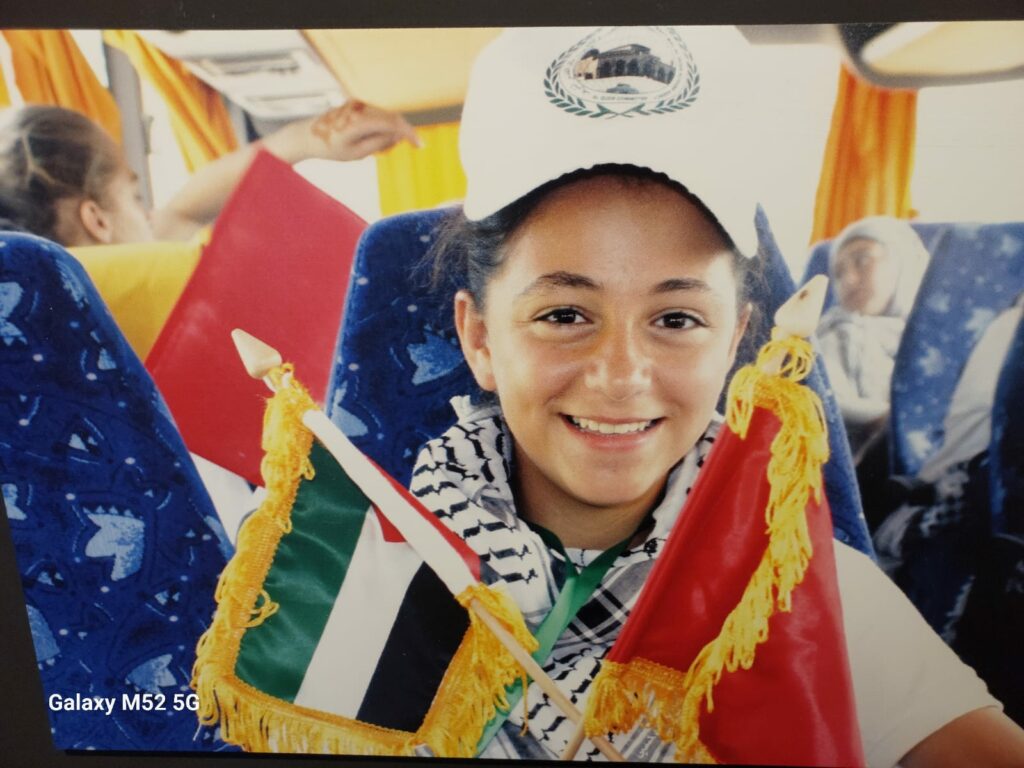
ALDAR: How does the Agency preserve Jerusalem’s cultural and religious identity?
El Cherkaoui: Preserving Jerusalem’s cultural identity is a core focus of the Agency’s work, considering the city hosts the three monotheistic religions, and its residents must live in safety and freely practice their rituals. Cooperation between Morocco and the Vatican, such as the 2019 “Jerusalem Call,” demonstrates Morocco’s commitment to religious plurality and preserving the Palestinian Islamic and Christian identity while respecting the historical Jewish presence in the city.
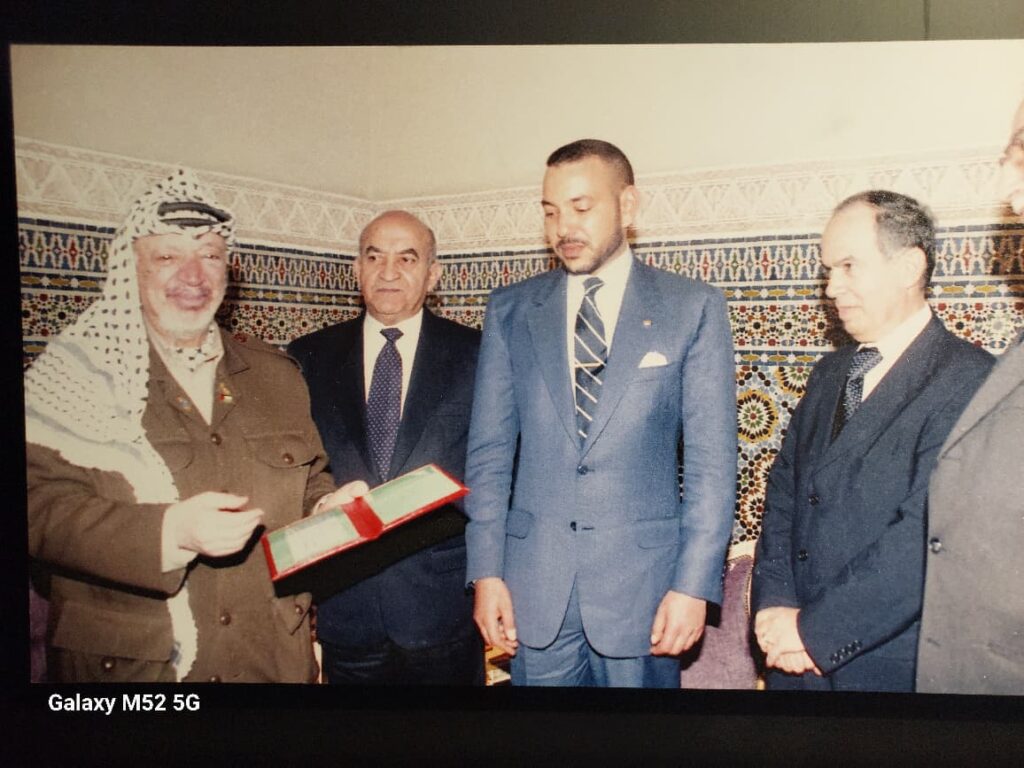
ALDAR: Are there educational programs specifically for Jerusalem?
El Cherkaoui: Yes, these include support for schools and universities in Jerusalem, providing scholarships for students in Palestine and Morocco, and encouraging learning multiple languages to ensure mutual dialogue and knowledge.
ALDAR: What are the funding sources?
El Cherkaoui: The primary funding comes from the Kingdom of Morocco, alongside contributions from OIC member states, economic institutions, associations, and individuals. Currently, the annual project budget ranges between $4–5 million, distributed directly to beneficiaries without deductions.
ALDAR: How does the Agency balance urgent humanitarian aid with sustainable development projects?
El Cherkaoui: We follow a strategy that includes fixed annual programs, such as support for education, health institutions, orphans, and widows, as well as youth, cultural, and sports development programs, with continuous monitoring to evaluate impact on the ground.
ALDAR: What are your future plans to enhance the Agency’s role?
El Cherkaoui: We continue implementing our annual programs while launching new initiatives to keep pace with transformations in Jerusalem and the Middle East, focusing on supporting Palestinian institutions and addressing daily challenges to ensure the sustainable resilience of Jerusalemites.
ALDAR: What message would you like to convey to the international community regarding the protection of Jerusalem’s legal and historical status?
El Cherkaoui: Jerusalem’s strength lies in its diversity. It is essential to preserve its legal status and cultural identity for future generations, respect the rights of all monotheistic religions, and provide a safe environment for freely and peacefully practicing religious rites.

